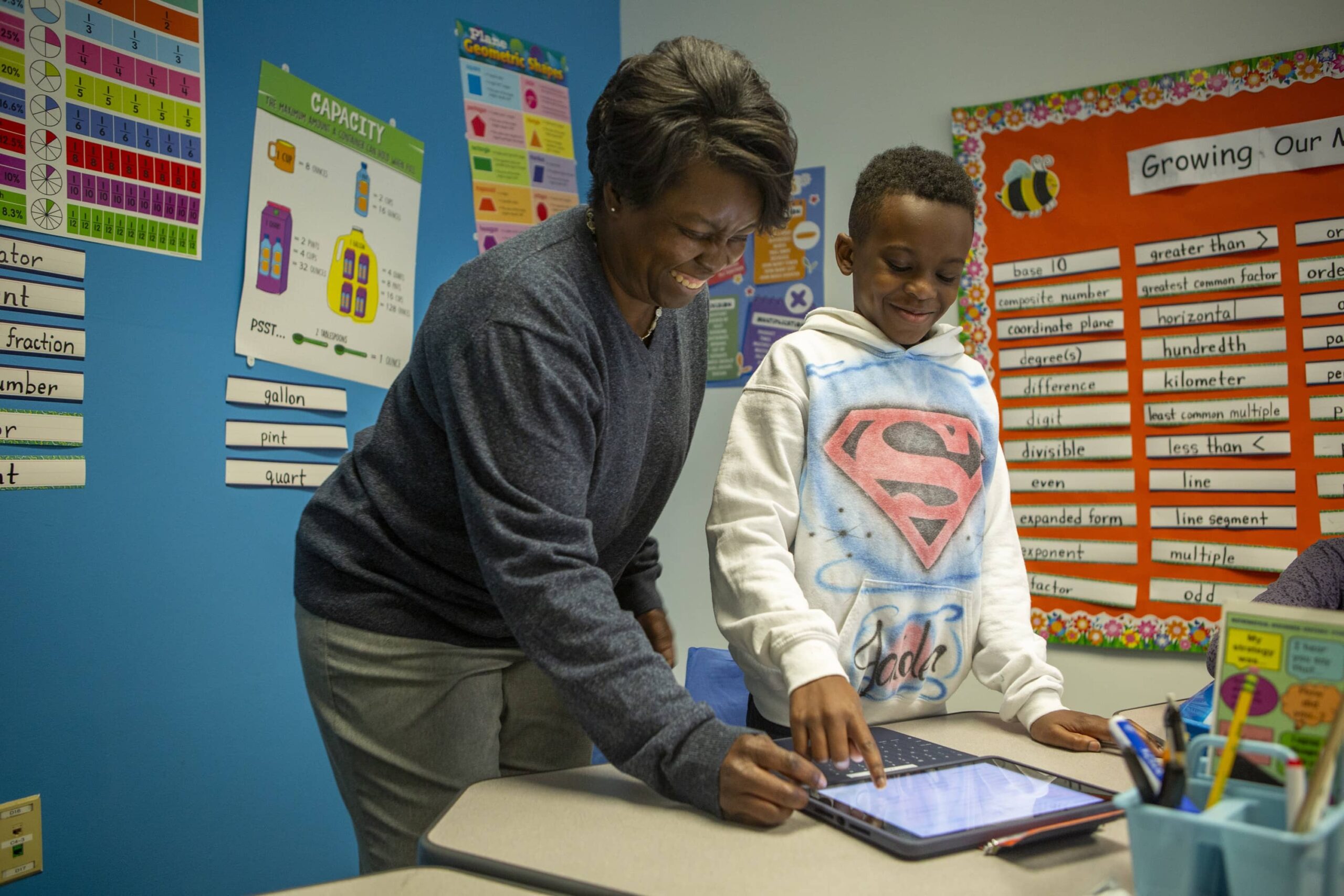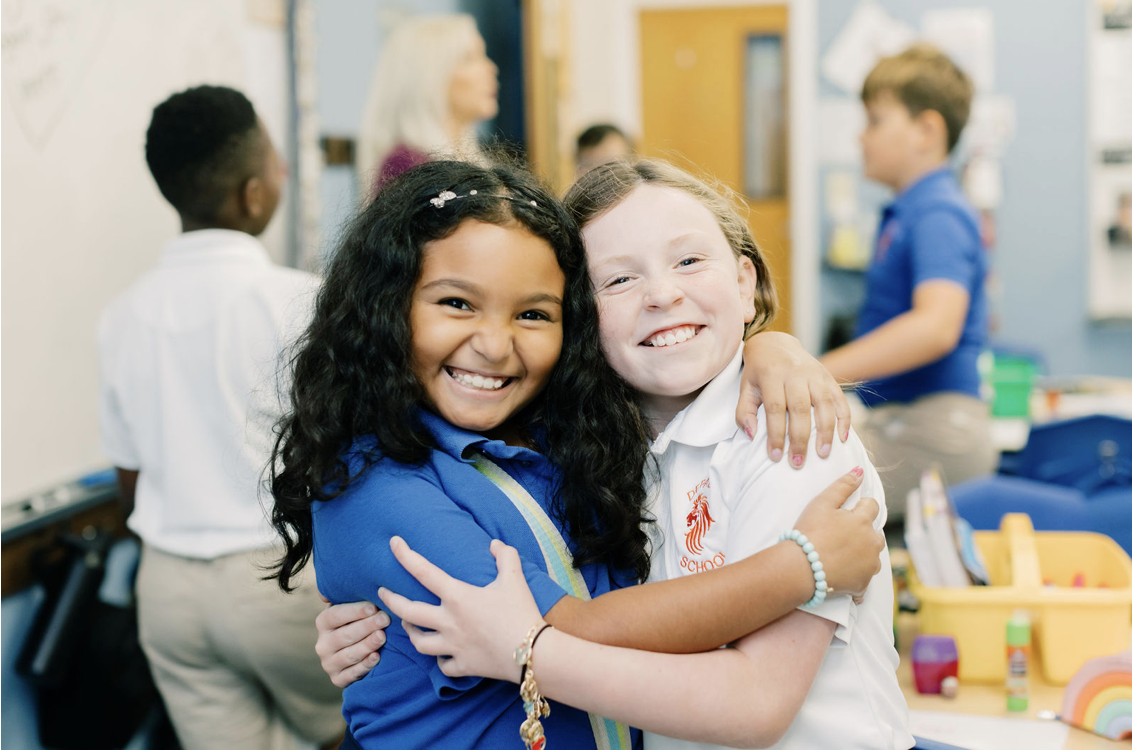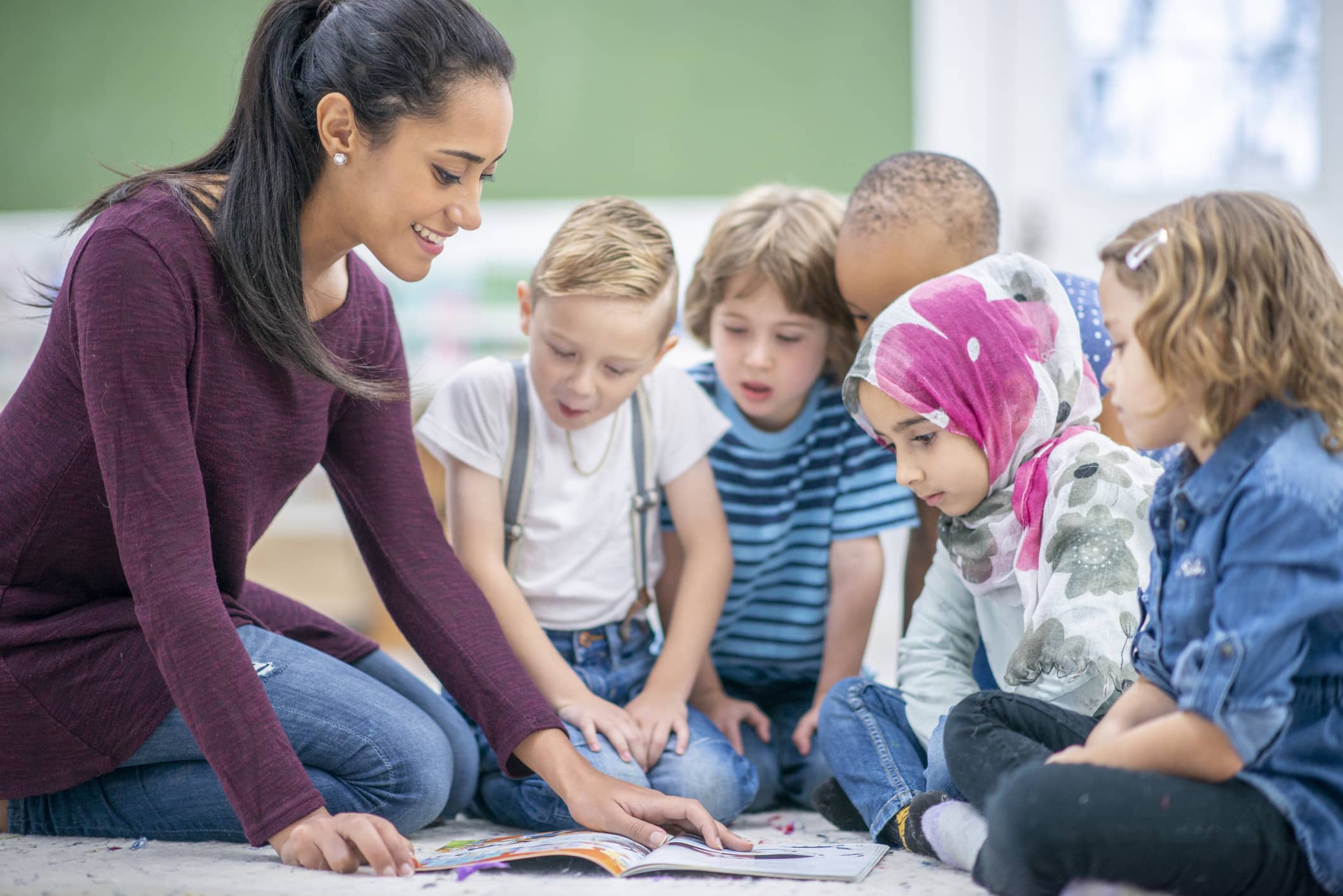It is estimated that 20% of the population has a learning difference, meaning they process and learn new information in unique ways. Individuals with a learning difference may experience challenges with academics, including reading, writing, or math. Research-based, differentiated, and multi-sensory instruction can make a difference, as the students gain literacy and numeracy skills early in their educational journey.
The Kenan Trust supports projects that provide these research-based, differentiated learning opportunities, including:
- Support for specialized schools or learning environments
- Training for teachers specializing in students with learning differences and teachers in a traditional school environment
- Family support and training or community-based interventions.
Grants in this area are by invitation only, and grant sizes vary depending on the capacity of the applying organization and the scope and reach of the proposed project.
Featured Grant in Learning Differences: Hill Learning Center

Hill Learning Center serves students with learning differences through specialized instruction with trained educators in school, tutoring, and summer programs. A Kenan Trust grant was the lead gift for a new strategic plan focused on deepening Hill’s impact in their local community to support kids with learning differences, attention challenges, gaps in foundational academic skills, and difficulties with executive function.
Featured Grant in Learning Differences: Florida Dyslexia Literacy Center

The Kenan Trust funded the teacher-training program at the Florida Dyslexia Literacy Center. The goal of this program is to provide access to Orton-Gillingham teaching techniques to all area teachers over time—both in-person or virtually—so dyslexic children can receive appropriate reading instruction in their own public, private, or charter school environments. The majority of the 30,000 students with dyslexia in Duval County are underserved in their schools, and this training will begin to address their needs.

